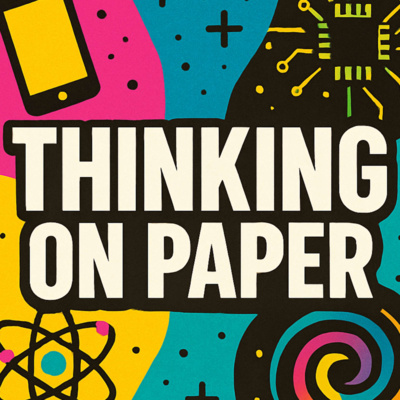Imagine a world where computers can solve problems that are currently unsolvable, process information at incredible speeds, and help us unlock the secrets of the universe. Sounds like science fiction, right? Well, it’s not just a fantasy anymore – quantum computing is becoming a reality. In this article, we’ll explore what quantum computing is, how it works, and why it’s so exciting.
Quantum Computing, Explained Like You’re Five (But Smarter Than …
What is Quantum Computing?
Quantum computing is a new way of processing information that’s different from classical computers like your smartphone or laptop. While classical computers use bits to store and process information (0s and 1s), quantum computers use quantum bits, also known as qubits. Qubits are special because they can exist in multiple states at the same time, which allows them to process a vast number of possibilities simultaneously.
Imagine you have a combination lock with 10 numbers. A classical computer would try each number one by one, like 1, 2, 3, and so on, until it finds the correct combination. But what if I told you there’s a way to open all the locks at the same time? That’s roughly what qubits can do – they can exist in multiple states (like 0, 1, and both at the same time) which allows them to process information in parallel.
How Does Quantum Computing Work?
Quantum computing uses quantum mechanics to perform calculations. It’s based on the principles of superposition, entanglement, and interference. Superposition refers to a qubit being in multiple states at once (0, 1, or both). Entanglement is when two or more qubits are connected in such a way that their properties are correlated – if one qubit changes state, the other qubit will change too. Interference occurs when these entangled qubits interact with each other.
Quantum computers use quantum gates to manipulate qubits and perform calculations. Quantum gates are like logic gates in classical computing but operate on qubits instead of bits. The quantum gates work by applying specific operations to the qubits, which can be thought of as quantum versions of addition, subtraction, multiplication, and division.
Quantum Algorithms
Quantum algorithms are programs that run on quantum computers. These algorithms take advantage of quantum computing’s unique properties to solve problems much faster than classical computers. Some examples include Shor’s algorithm for factorizing large numbers and Grover’s algorithm for searching unsorted databases.
Applications of Quantum Computing
Quantum computing has many exciting applications in fields like cryptography, chemistry, materials science, and optimization. For instance, quantum computers can break certain encryption codes much faster than classical computers, which is both a security risk and an opportunity for secure communication.

What is a Cult? (4 Minute Explanation) – YouTube
In chemistry, quantum computers can simulate the behavior of molecules, helping us design new medicines and materials with unique properties. In materials science, quantum computers can optimize the structure of materials to improve their strength, conductivity, or thermal resistance.
Challenges and Limitations
While quantum computing holds tremendous promise, it’s not without its challenges. Quantum computers are extremely sensitive to noise and errors due to the fragile nature of qubits. This means that even small amounts of error can cause significant problems with quantum computations.
Another challenge is the development of reliable control systems for quantum computers. Maintaining precise control over the quantum states of qubits requires sophisticated hardware and software tools.
Conclusion: Unlocking the Secret Code of the Universe
Quantum computing is an exciting field that promises to revolutionize the way we process information. By harnessing the power of quantum mechanics, we can unlock new possibilities for solving complex problems in fields like cryptography, chemistry, and materials science.
While there are challenges ahead, researchers and companies around the world are actively working on developing practical applications of quantum computing. As the technology advances, we can expect to see real-world impact in various industries and fields.
The future of computing is no longer a fantasy – it’s here, and it’s changing the game. By embracing quantum computing, we can unlock new secrets of the universe and create a brighter, more efficient world for all of us.
Takeaways
- Quantum computing uses qubits to process information in parallel, unlike classical computers using bits.
- Quantum algorithms like Shor’s and Grover’s can solve complex problems much faster than classical computers.
- Applications of quantum computing include cryptography, chemistry, materials science, and optimization.
- Challenges with quantum computing include noise and errors due to the fragile nature of qubits and reliable control systems.
In conclusion, quantum computing is an exciting field that’s changing the face of modern computing. By understanding its principles and applications, we can unlock new possibilities for solving complex problems and creating a brighter future.

Explain It Like I’m Five!” – ChatGPT Breaks Down Exactly What …

Quantum Linguistics: Unraveling the Subatomic Code of …

NFT Ticketing and The Future of Music by Thinking On Paper: AI …
